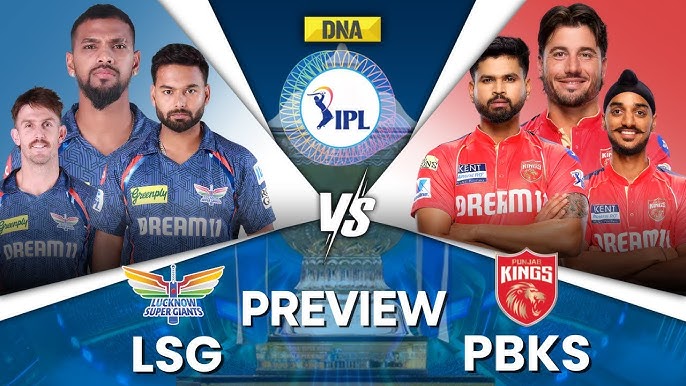What is a Gold Loan? Benefits, Interest Rates, Eligibility & How to Apply
If you’re in urgent need of cash and own gold jewelry, a gold loan can be the fastest and easiest way to get funds. In this article, we’ll explore everything you need to know about gold loans – from their benefits to how to apply, interest rates, eligibility, and more.
What is a Gold Loan?
A gold loan is a secured loan where you pledge your gold jewelry or ornaments as collateral to get instant funds from a bank or NBFC. The lender evaluates the purity and weight of your gold and offers a loan amount accordingly. You can repay the loan through flexible EMIs or bullet repayment options.
Benefits of Gold Loan
Here are the top benefits of a gold loan:
- Quick Disbursal: Gold loans are processed and disbursed within a few hours.
- Minimal Documentation: Very few documents are required compared to personal loans.
- Lower Interest Rates: Since it’s a secured loan, the gold loan interest rate is generally lower than unsecured loans.
- No Credit Score Required: Your credit score is not a deciding factor.
- Flexible Repayment Options: Monthly EMIs, bullet repayment, and overdraft facility available.
- Loan for Any Purpose: You can use the money for education, business, medical emergency, or wedding.
Gold Loan Interest Rate in India
The interest rate on gold loans varies from lender to lender. Generally, it ranges between 7% to 18% per annum, depending on the loan amount, repayment tenure, and the lender’s policies.
Top lenders offering competitive gold loan interest rates:
- Muthoot Finance: Starts from 9.90%
- Manappuram Finance: Starts from 9.90%
- HDFC Bank: 9% onwards
- SBI Gold Loan: 8.50% onwards
- ICICI Bank: 10% onwards
Eligibility for Gold Loan
To apply for a gold loan in India, you must:
- Be a resident Indian (age 18-70 years)
- Own gold jewelry (22K or 18K usually accepted)
- Have valid KYC documents
No income proof or salary slips are mandatory.
Documents Required for Gold Loan
The documents required for gold loan are minimal:
- Identity Proof: Aadhaar Card, PAN Card, Voter ID, Passport, or Driving License
- Address Proof: Aadhaar Card, Utility Bill, Ration Card, Passport, etc.
- Photographs (passport size)
Some banks may ask for additional documents depending on your profile.
How to Apply for Gold Loan Online?
Nowadays, most banks and NBFCs offer the option to apply for gold loan online. Here’s how:
- Visit the official website or mobile app of your preferred lender.
- Click on “Apply for Gold Loan”.
- Fill in your basic details like name, contact, city, and gold weight.
- Schedule an appointment or visit the nearest branch.
- Get your gold evaluated and the loan amount approved.
- Loan gets disbursed instantly after verification.
Pro tip: Compare offers before choosing the best gold loan in India.
Gold Loan vs Personal Loan – Which is Better?
| Feature | Gold Loan | Personal Loan |
|---|---|---|
| Type | Secured | Unsecured |
| Interest Rate | Lower (7%-18%) | Higher (10%-24%) |
| Credit Score | Not needed | Important |
| Processing Time | 1-2 hours | 2-3 days |
| Loan Amount | Based on gold value | Based on income/credit profile |
If you have idle gold at home, gold loan is often a better and faster option than personal loans.
Things to Remember Before Taking a Gold Loan
- Always take gold loan from a trusted bank or NBFC.
- Understand the repayment terms and charges.
- Don’t default on your payments – your gold can be auctioned.
- Choose a short tenure to pay less interest.
Conclusion
A gold loan is one of the smartest ways to unlock the value of your gold without selling it. It offers quick access to funds at low interest rates with minimal paperwork. Whether it’s a medical emergency or a business need, applying for a gold loan can solve your financial problems in hours.
Make sure to compare lenders and select the best gold loan in India based on your needs.






g3b3ip
2vuc6u
tnitqf
jh5pg6